Boston University is planning to slow down its spending in anticipation of funding cuts and policy changes amidst a flurry of executive orders impacting federal funding agencies.

The National Institute of Health imposed “a flat 15% indirect cost rate on research institutions,” according to the BU Office of Research. The U.S. District Courts in Boston and the District of Rhode Island issued temporary restraining orders Jan. 31 and Feb 10, pausing the rate cut across the nation.
Research grants cover indirect costs categorized as facilities and administration, according to NIH. The BU Office of Research said while it watches for changes, research can continue as planned unless researchers receive a stop-work order from the sponsor.
“We will be implementing measures to slow the rate of spending and, of course, continue to manage our resources effectively,” BU Spokesperson Colin Riley wrote in an email to The Daily Free Press. “The University’s overall financial position is strong.”
The University will begin requiring approval before hiring full, part-time and temporary employees, Riley wrote. It will also consider limiting offsite events and meetings, and limit discretionary spending.
In an email sent to students Feb. 11, BU President Melissa Gilliam expressed concern about the NIH policy change cutting research funding.
“The funding that Boston University receives from the NIH supports critical and cutting-edge medical research that helps improve human health and save lives,” Gilliam wrote.
Gilliam wrote in the statement that beyond BU, the changes could impact the United States’ standing in the global scientific community.
“Our nation has a long history of our government working closely with our colleges and universities — this partnership is why the United States has long been the world’s leader in furthering groundbreaking scientific research,” Gilliam wrote.
The University will continue to monitor the recent executive orders, Riley wrote.
Student Government President Akwasi Antwi said he knows Gilliam is concerned about the Trump administration eliminating education contracts for research, because BU is a research institution.
“Research funding may be in danger because of the contracts that we have with the Department of Education, which may or may not have been cut,” Antwi said.
BU students have deliberated the potential impacts of federal funding cuts.
“There’s a lot of opaqueness right now with these budget cuts,” said sophomore Colin Sharpe, a member of BU College Republicans. “No one really knows what’s happening, even in the government.”
Sharpe attributed the “opaqueness” to the Department of Government Efficiency’s “quick pace” combined with court challenges to these cuts, making it uncertain what will pass.
Sophomore Philip Wohltorf, another member of BUCR, said he understands why some believe the cuts are “not right.”
Wohltorf said the Republican Party is in favor of gutting departments, focusing on efficiency and cutting what they find unnecessary, particularly for elite schools like BU and Harvard University that have largely Democratic populations.
“[Republicans] would argue it indoctrinates and pushes the left agenda,” Wohltorf said. “BU or Harvard students tend to be more liberal than conservative, so I understand them being like, ‘Hey, it shouldn’t be like that.’”
Sophomore Alpha Barry, leader of BU Young Americans for Freedom, said the federal actions will go beyond funding cuts and also include redistributing money toward “more efficient and more profitable enterprises.”
Barry said federal funding should go toward what he considers more useful studies.
“Students who are getting STEM degrees should get federal funding for their degrees,” Barry said. “I don’t think students who are getting philosophy degrees, or degrees that don’t help progress society, should be getting funding for them.”
Sharpe said funding cuts could negatively impact the BU community.
“If the NIH policy goes through, BU will have less money, which could adversely affect students and researchers,” Sharpe said.





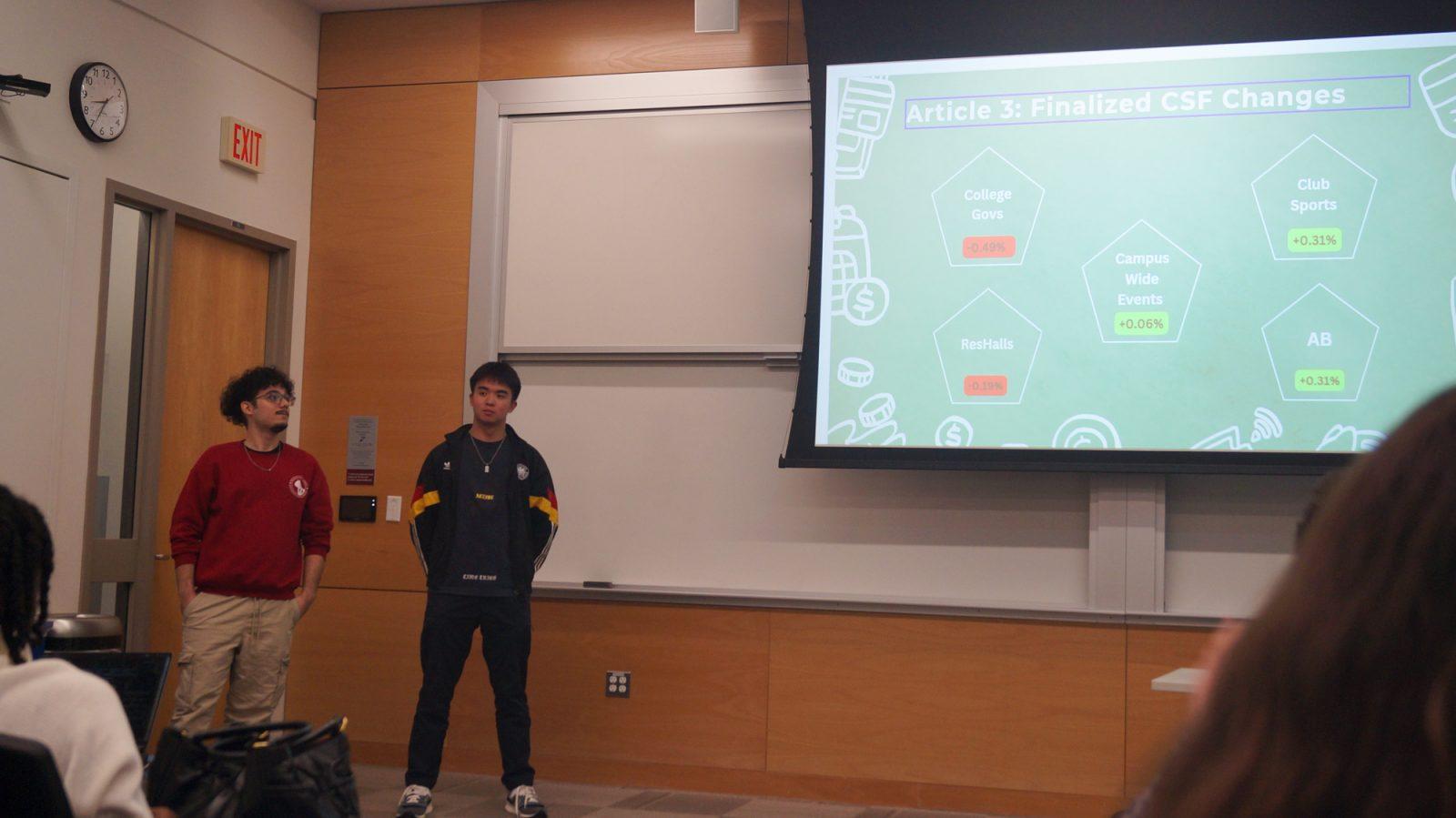


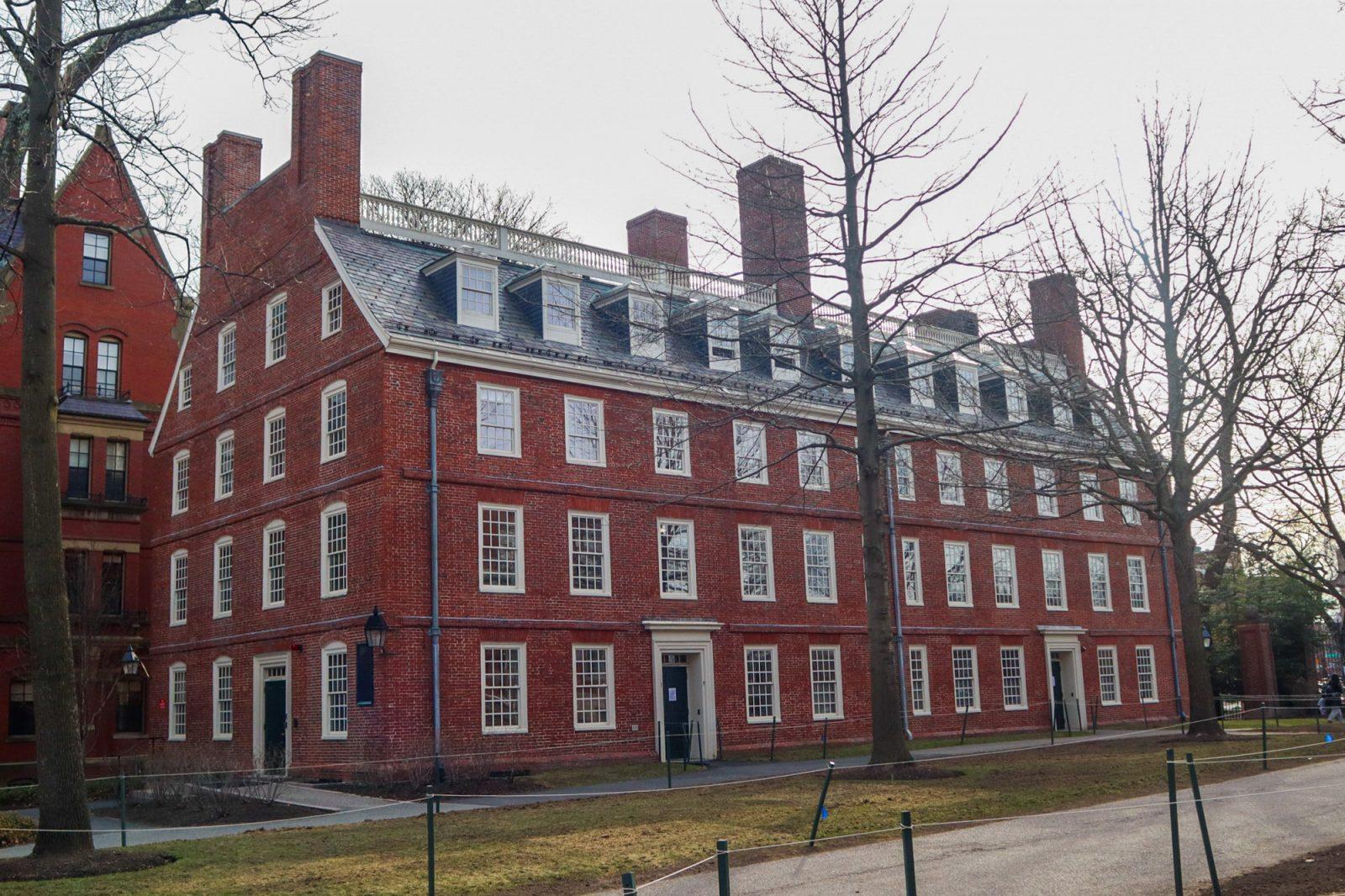





















































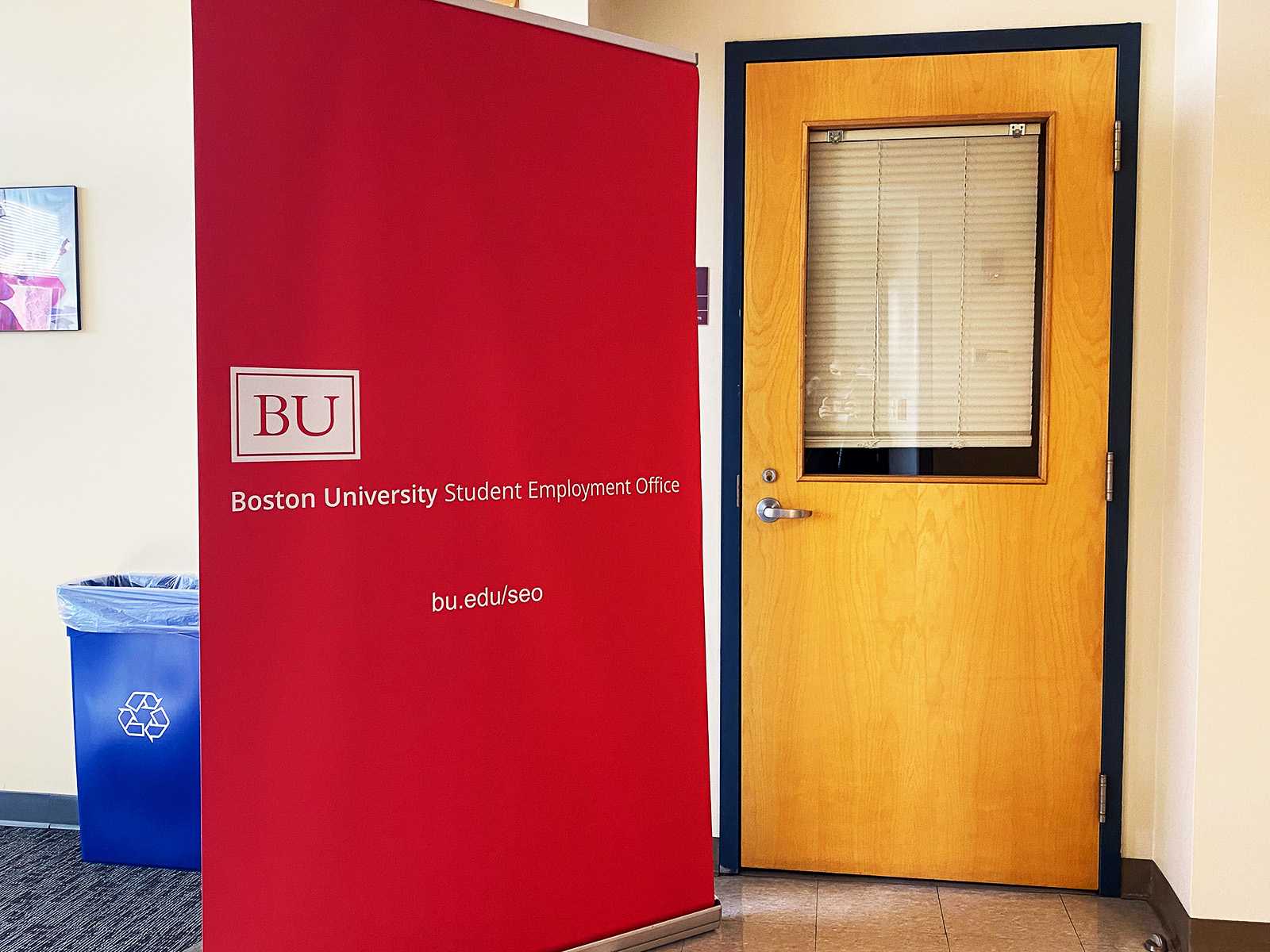



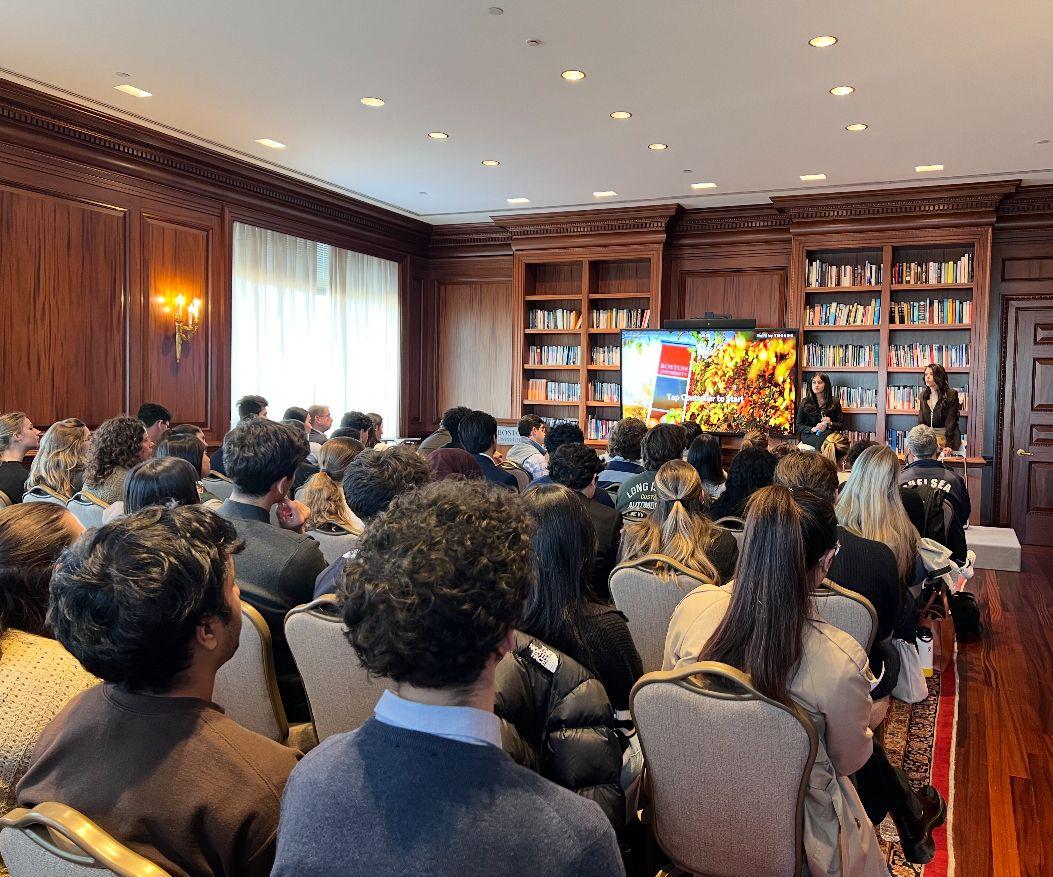

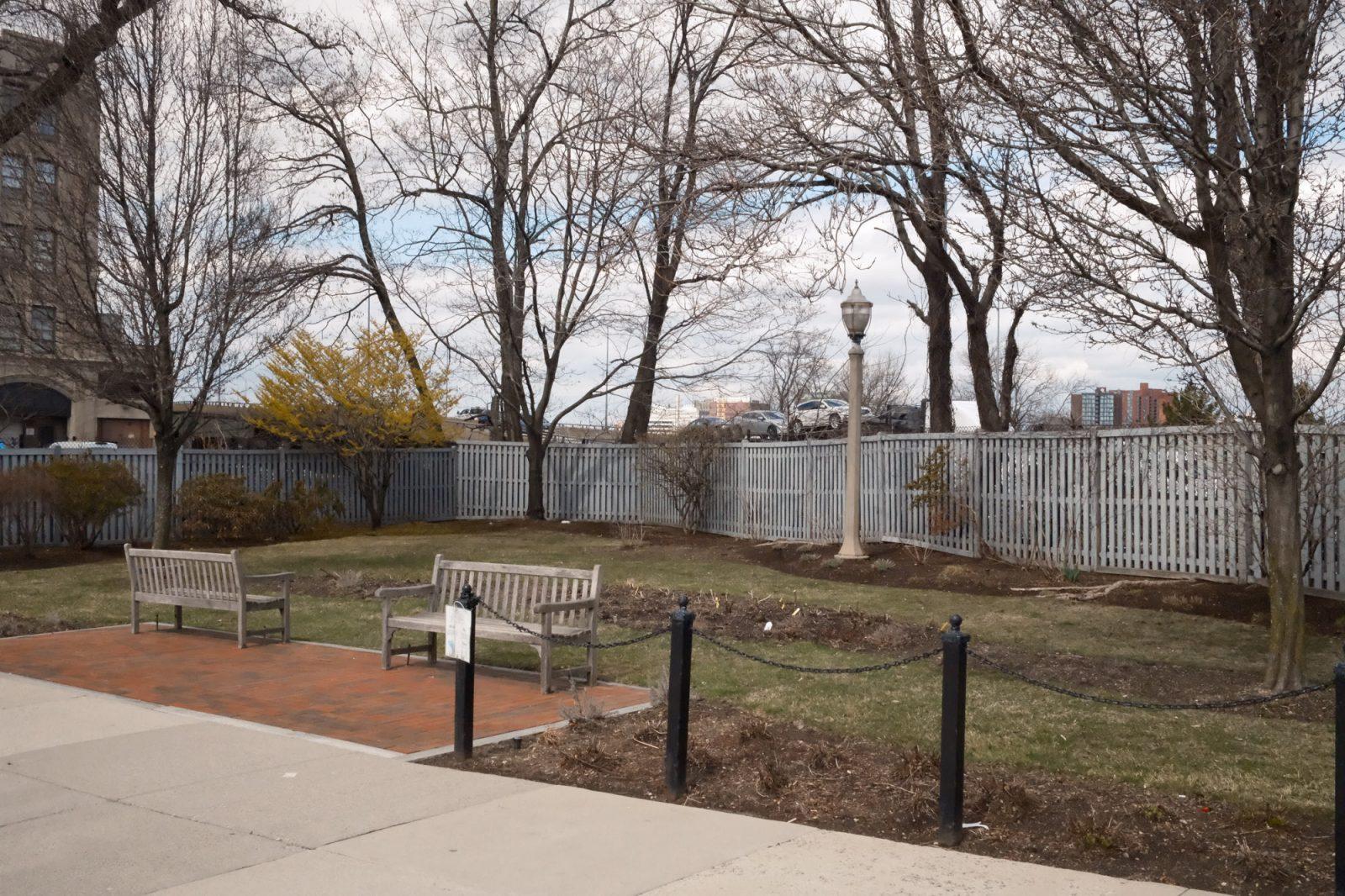

































































































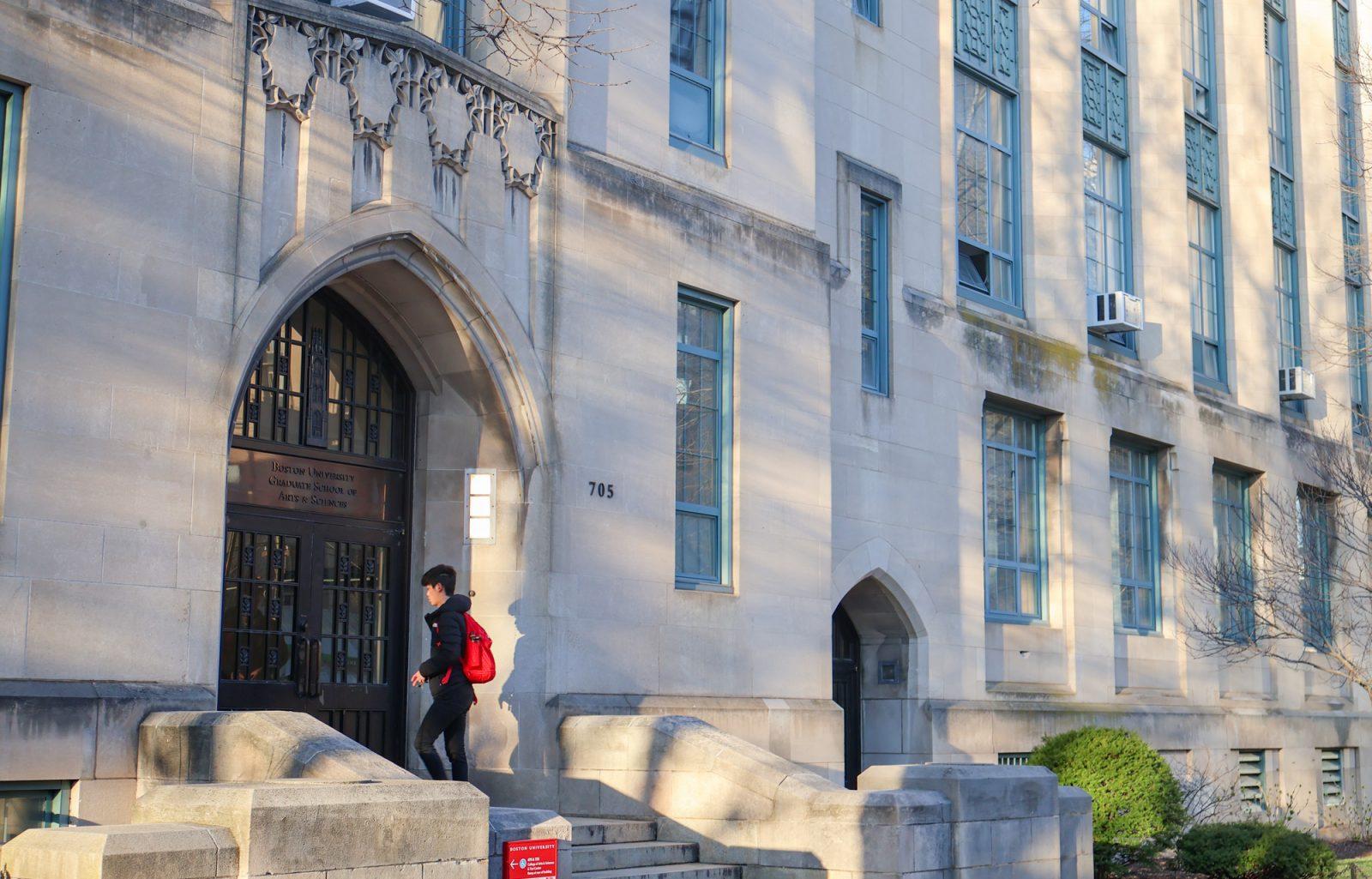


T. Ruth Teller • Feb 24, 2025 at 10:37 pm
It is sort of short sighted to only fund STEM degrees because old Alpha at 19 knows all about life, right?
Maybe if we had more social science research we could diagnose and treat the mental and moral diseases affecting Musk , Trump, and the spineless GOP senate who cry for small government yet want to control aspects of all Americans lives, whether it is reproductive rights, speech, or a Christian centric belief system. Maybe we need to spend tons of money to help those sick folks, who all went to Ivy League schools, sent their kids t9 private schools, and live in mostly Democrat run cities,
Go wipe your nose junior – come back when you realize the GOP is just a cult of weak sycophants who want to mold America into the image of 40 years ago.